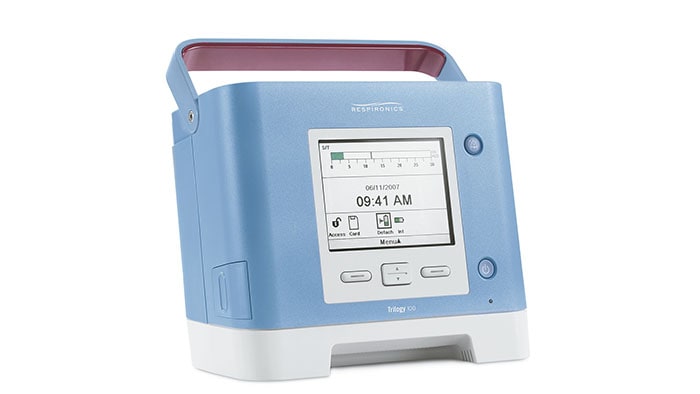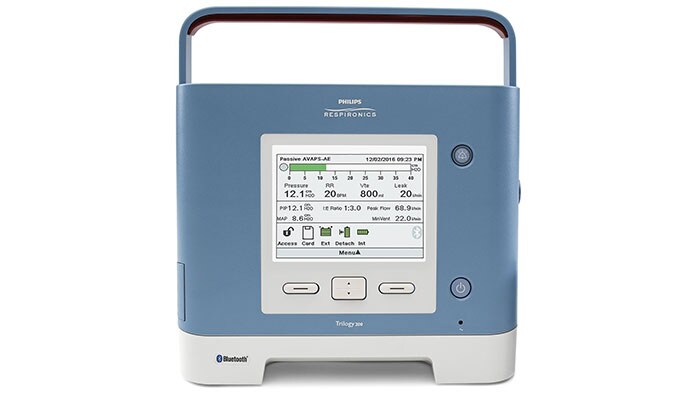On June 14, 2021, Philips’ subsidiary Philips Respironics, initiated a voluntary recall notification/field safety notice to address potential health risks related to the polyester-based polyurethane (PE-PUR) sound abatement foam in specific CPAP, BiPAP and mechanical ventilator devices. Philips Respironics expects to repair or replace approximately 5.5 million devices globally, and approximately 95% of the registered affected devices are CPAP and BiPAP sleep apnea devices. The repair and replacement program involves the replacement of the PE-PUR sound abatement foam by silicone foam. The repair and replacement of CPAP and BiPAP sleep apnea devices is well underway globally.
Following the preparations and relevant clearances, the repair of Trilogy 100/200 ventilators (approximately 3% of the registered affected devices globally) has started in recent months. Philips Respironics has now detected two problems with corrected Trilogy 100/200 ventilators following a limited number of complaints from the US and Japan. These problems only affect the Trilogy 100/200 ventilators that have already been repaired.
Philips Respironics Trilogy 100 and 200 devices
These problems do not affect any of the CPAP or BiPAP sleep apnea devices that have been remediated. The identified problems for repaired Trilogy 100/200 devices are the following: Philips Respironics has reported the two problems to the relevant competent authorities globally and expects to complete its investigation and root cause analysis of both problems before the end of this month. Based on the results of the investigation, Philips Respironics will take appropriate action if required. While Philips Respironics investigates these issues, the company has temporarily suspended the repair of Trilogy 100/200 devices.
Share on social media
Topics
Contact

Steve Klink
Philips Global Press Office Tel: +31 6 10888824
You are about to visit a Philips global content page
Continue


